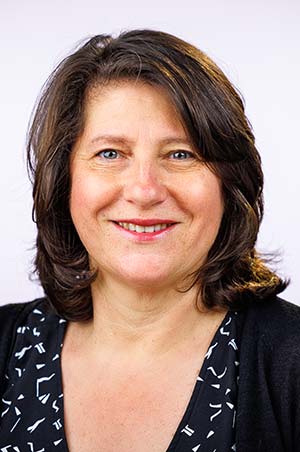Ruth Etzioni, PhD
Professor
Public Health Sciences Division, Fred Hutch
Member
Translational Data Science Integrated Research Center (TDS IRC), Fred Hutch
Rosalie and Harold Rea Brown Endowed Chair
Fred Hutch
Dr. Ruth Etzioni is a biostatistician who primarily focuses on cancer screening and early detection. Much of her work is in the area of prostate and breast cancer, where she develops methods for evaluating diagnostic tests; creates mathematical models to reflect the impact of screening tests on the incidence and mortality rates of these cancers; calculates costs and benefits of preventive screening; tracks population trends with regard to screening and related behaviors and works with investigators on trial design and analysis. Dr. Etzioni also researches overdiagnoses associated with certain screening tests — when screening finds cancers that would not cause symptoms or death within a patient’s natural lifetime. She also evaluates novel cancer biomarkers and tracks patterns and outcomes of cancer care. Dr. Etzioni leads the biostatistics core for the National Cancer Institute-funded multicenter Northwest Prostate Cancer Specialized Program of Research Excellence, or SPORE, and she has a longstanding interest in researching, tracking and working to eliminate health disparities.
Other Appointments & Affiliations
Affiliate Investigator, Clinical Research Division, Fred HutchAffiliate Investigator
Clinical Research Division, Fred Hutch
Education
PhD, Carnegie Mellon University, Statistics, 1990
MS, Carnegie Mellon University, Statistics, 1987
BS, University of Cape Town, Statistics, 1985
Research Interests
Development and implementation of statistical methods for prostate cancer studies
